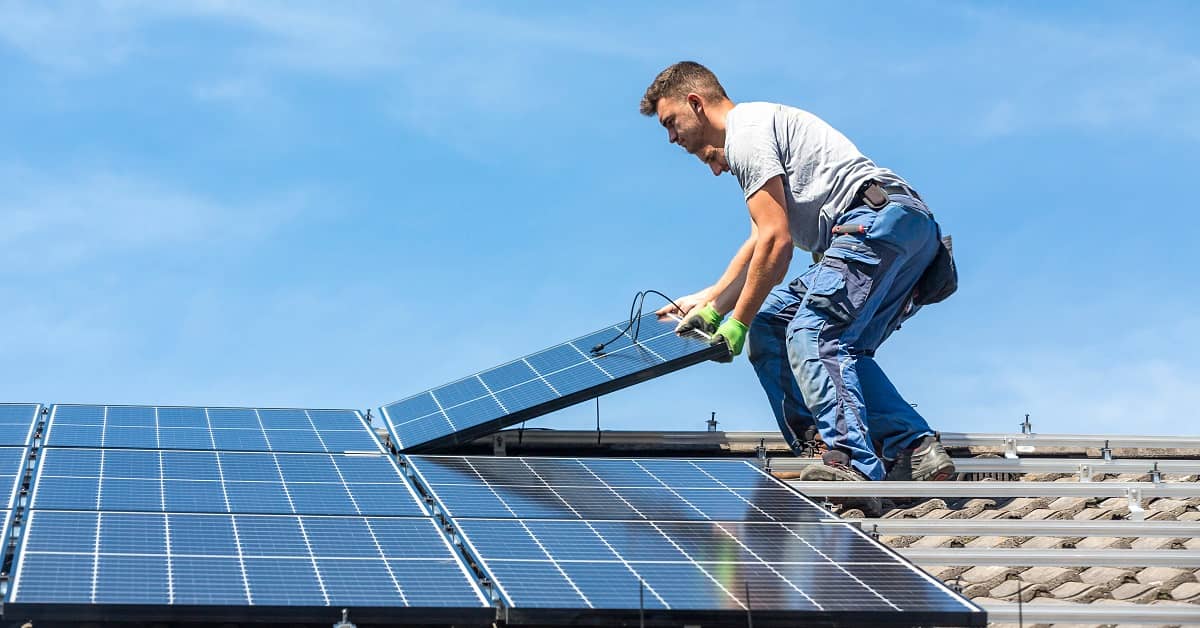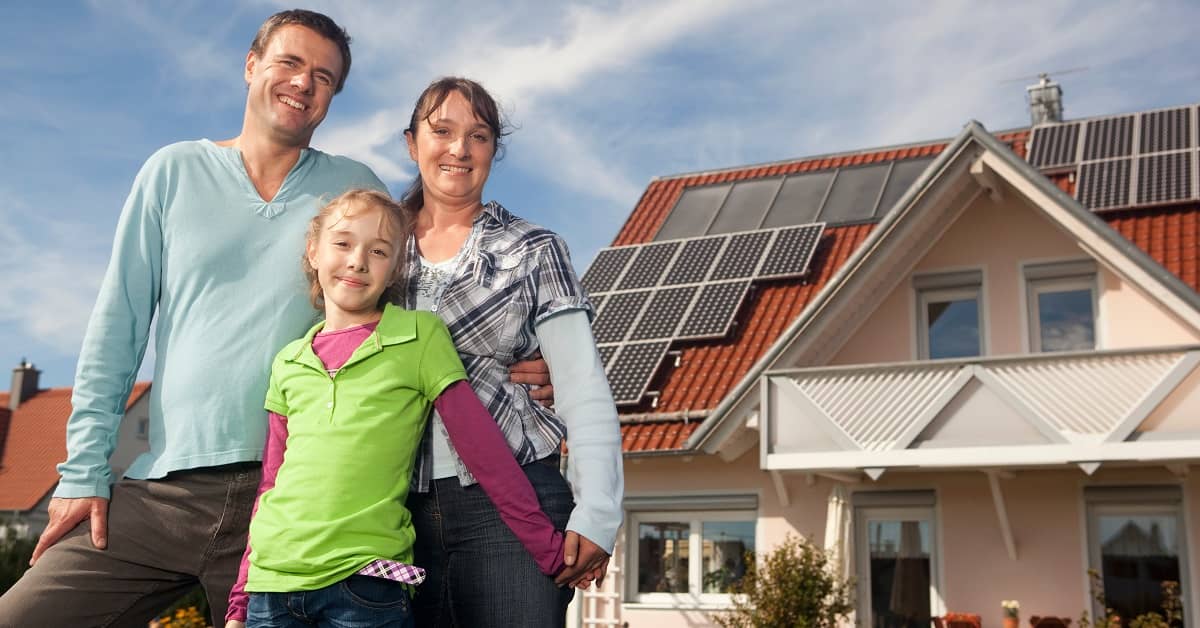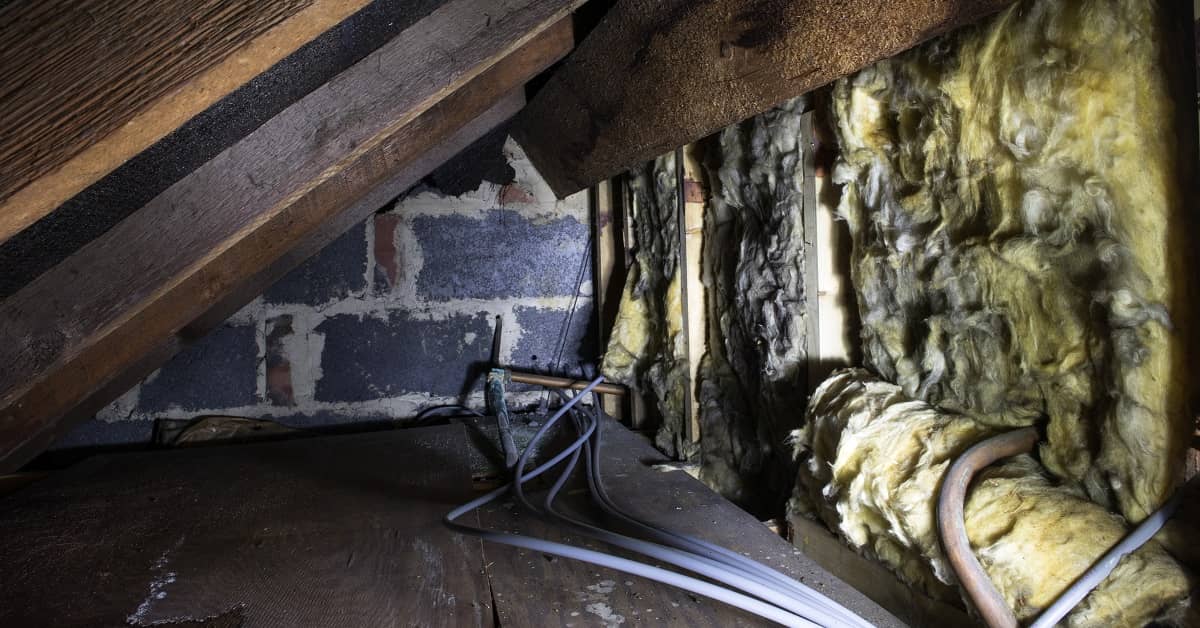
How Big Are Solar Panels?
Many homeowners are embracing the philosophy of less is more. One of the major reasons for this trend is the growing focus on sustainability.
Large houses require more energy to power, heat, and cool. As a result, conscientious homeowners are seeking more cost-effective and environmentally friendly dwellings.
Solar panels provide a number of benefits for sustainably powering your home. But, if you invest in a smaller house, will the structure be able to support a solar energy system?
Keep reading for more information on the dimensions of solar panels, or contact REenergizeCO in Denver or Fort Collins to discuss the design of a solar energy system for your home.
Solar Panel Size
The actual size of a solar panel depends on the number of photovoltaic cells it contains. Sizes may also vary by manufacturer. 60”x42”x2” is the length, width, and height of our solar panels. solar cells are 6”x 6”.
Let’s keep the math simple by looking at products from one company: LG, a manufacturer of A-rated solar panels (and the only solar panel manufacturer used by REenergizeCO). All of LG’s 60-cell solar panels have a width of 6 feet and a length of 10 feet.
So, we can say that the approximate size of a solar cell is 1 square foot. As a rule of thumb, then, the number of PV cells on the solar panel is roughly equal to the square footage of the panel itself.
The weight of a solar panel also depends on its size. Most solar panels with 60 PV cells weigh somewhere between 38 and 41 pounds. Solar panels are very thin, with the tempered glass and the backing measuring in at about 40 millimeters (approximately 1.5 inches).
This calculation can help you determine how much room an array of solar panels will take up on your roof. Compare the square footage of your roof with the number of solar panels you need to determine the overall size of your solar energy system.
How Big Will My Solar Panel System Need to Be?
Calculating the size of a residential solar array involves more than just the physical measurements of the panels. The more important calculation involves optimizing the system for your home energy needs and consumption.
According to data from the U.S. Energy Information Administration, American households consume 10,649 kWh (kilowatt hours) on average per year. This number varies by household, geographical location, and other factors, but the average is a helpful starting point for some basic math.
Let’s say your home in Denver uses 10,649 kWh of electricity every year. High-performance solar panels from LG generate an average of 385 watts of energy per hour. According to ClimaTemps.com, Denver gets an average of 3,115 hours of sunlight annually.
3,115 hours of sunlight x 385W = 1,199 kWh per year
If conditions are optimal (i.e., your home gets a solid 8 hours of sunlight every day), you would need nine solar panels on the roof of your home to generate the energy your household needs for the year. Nine 60-cell solar panels (6’ x 10’) take up 540 square feet. On an average home, this system would cover about 30 percent of the roof.
However, these calculations are based on a number of ideal conditions. For example, the math here assumes 100 percent efficiency in solar panel output. In reality, today’s high-performance solar panels have efficiencies between 20 percent and 22 percent. Maximizing sun exposure is crucial for getting the most output from solar panels, but some amount of shading is inevitable.
Furthermore, sun and weather conditions are not always optimal. Clouds and precipitation reduce the intensity of the sun’s rays. Given the famously variable climate in Colorado, this can lead to significant differences in output both day-to-day and even over the course of a day.
As a result, it will probably take more solar panels to generate the electricity you need.
Sizing Up Solar: How to Get the Most from Your Panels
Many homeowners play with the idea of installing solar panels themselves. Generally, however, this is a mistake. The calculations to optimize the system are complicated (as you can see above), and it is difficult to account for all of the factors that can affect the output of your solar panels.
For these reasons, it is important to contact a solar energy company with extensive knowledge and experience designing and installing residential solar panel systems. REenergizeCO creates solar power solutions specifically for your home. We assess your monthly electricity bills, measure the space on your roof, evaluate the energy efficiency of your home, and provide recommendations for targeted efficiency improvements.
Should you decide to invest in solar panels, we do all of the work, including the layout, installation, permitting, and connecting your system to the power grid and/or a solar battery. We also help you apply for rebates and other incentives from your local utility.
To start exploring solar power options for your home, please call REenergizeCO in Denver at (303) 227-1000 or in Fort Collins at (970) 323-3191 today. We serve homeowners throughout the Front Range of Colorado.
"*" indicates required fields


